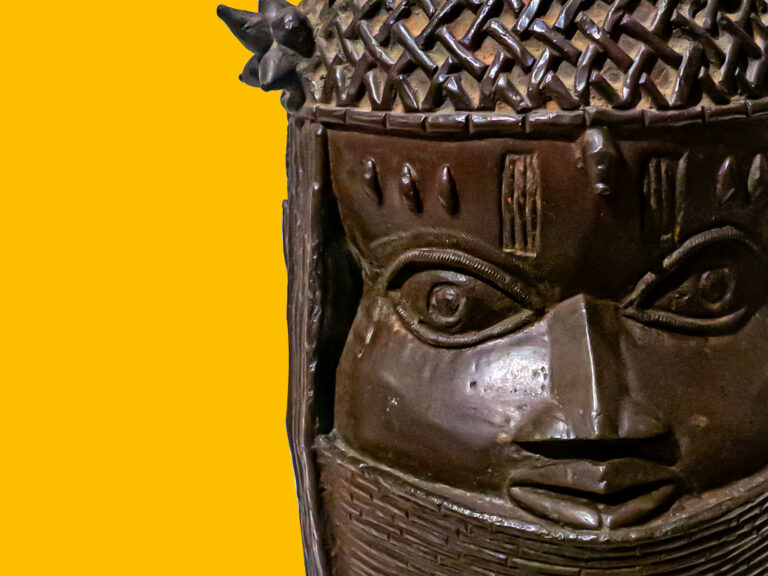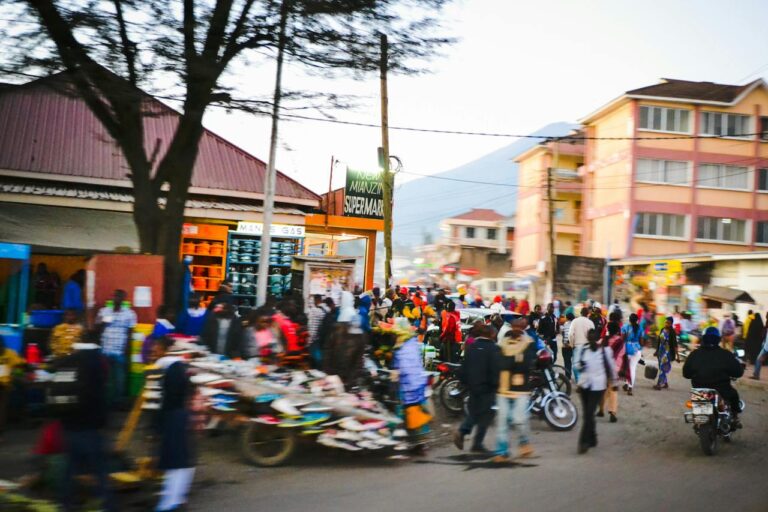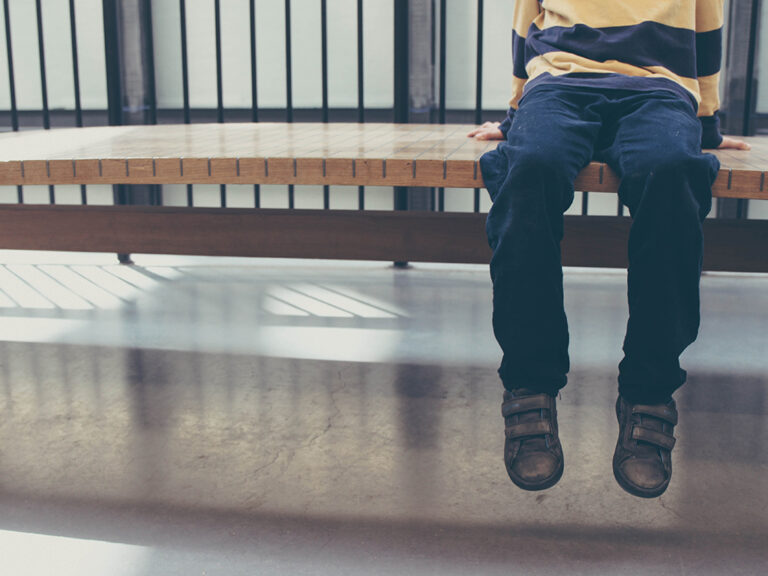Aarhus, Denmark (TP)
On March 12, the European Parliament called on member states to repatriate children currently stuck in indefinite detention with their European mothers in the prison camps of Northeastern Syria.
The women entered Syria to join ISIS and either brought their children with them or conceived them while in Syria. For that reason the European Parliament’s call largely fell on deaf ears since the children from a legal standpoint cannot be repatriated without their mothers. This seals the children’s fate as most European governments have refused to bring their mothers home.
‘We will not help parents that have turned their backs on Denmark,’ Mette Frederiksen, the Danish Prime Minister, has repeatedly stated.
Her sentiment is shared by other Europeans and their governments, as throughout the EU the detained mothers are labeled as terrorists and traitors.
However, beside a moral-political position of not wanting to repatriate European citizens that joined ISIS, the anti-repatriation camp is increasingly coming under fire as human rights groups and intelligence services, who are voicing concerns that the costs of doing nothing will increasingly outweigh the cost of repatriation.
Threats to Europe
‘We cannot bring back terrorists,’ said Rasmus Stoklund, spokesperson for the Danish government, referring to the Danish women who travelled to Syria and joined ISIS.
He further argued that while their children might not constitute a threat to Danish national security, the women eventually will.
It is therefore not only immoral to repatriate them, it is also dangerous, he said.
However, the Danish Security and Intelligence Service (PET) has warned against the dangers posed by leaving the children and their mothers in the camps in Syria.
According to the intelligence service, leaving them can lead to radicalization of the children and further radicalization of the mothers. In time, this can end with ISIS using the children to conduct terror attacks in their European country of origin.
Therefore, the assessment from PET is the opposite of Rasmus Stoklund’s view: The children are the threat, and the threat draws closer with every passing day the children are left to stay in the camps.
However, this warning was dismissed by Danish Minister for Justice Nick Hækkerup, who stated that the intelligence service had merely provided an evaluation, and that it did not fit with the policy of the Danish government.
Another way
Pressured by the threats posed, the Finnish government has chosen a different approach. The Finnish foreign ministry has arranged for about half of the Finnish women and their children to be repatriated while plans are in the making for the remaining ones to be repatriated as well.
The emissary from the Finnish foreign ministry who has been charged with handling the repatriation recognizes the threat that the repatriated might pose to Finnish society once they are back in Finland.
‘I am not saying that there is no risk involved [with repatriation]. It is just that the threat posed by bringing them home is less than doing nothing,’ says Jussi Tanner, Finnish diplomat who will negotiate the homecoming of children located in the Syrian camps.
A European Guantanamo
The British human rights organisation Rights and Security International released an updated report in February about the intolerable conditions that the detainees in the Syrian camps are exposed to. In the report the organisation accuses European countries of having created a Guantanamo of their own by allowing their citizens to remain there.
Children shot by guards. Mothers and their children locked away in solitary confinement for months. Children burned alive in tents.
These are some of the horrific incidents that have occurred in the al-Hol and Roj camps where most of the European mothers and their children are located.
On top of this, the detained are facing malnutrition, kidnappings, dehydration, child labour, lack of medical care and psychological distress, all of these adding to make life for the detained a living hell and creating the perfect conditions for radicalisation.
The American detention camp in Guantanamo was established after the terror attacks on 9/11 and the conditions there have been criticised for breaching the human rights of the detainees due to the indefinite detention without trial and the torture that they have been subjected to.














